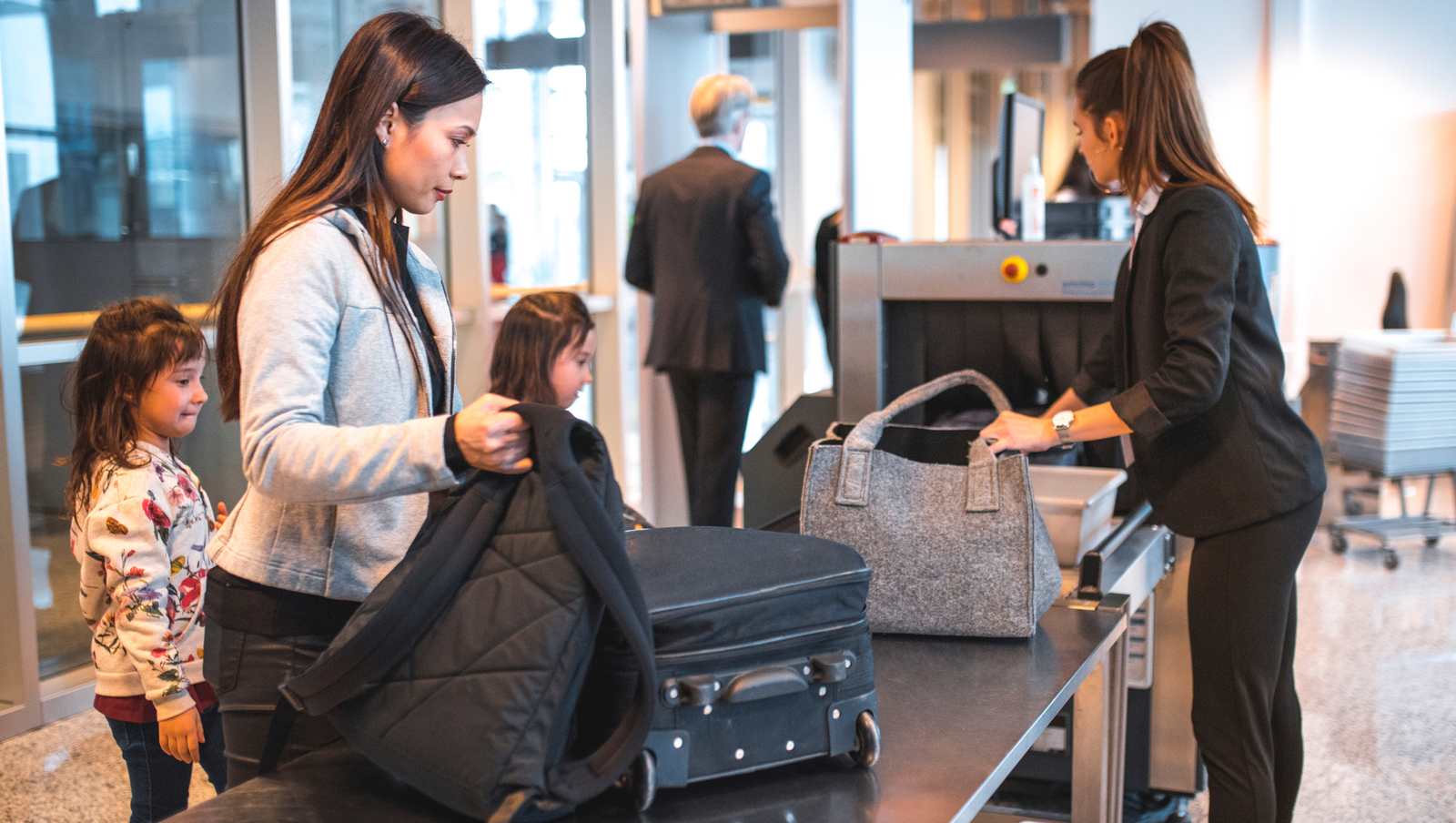Overstaying is when an individual stays longer than they are expected or allowed to stay in the country, or longer than the date indicated in the visa granted to the foreigner. It is considered a serious violation in immigration law.
In the Philippines, the Bureau of Immigration (BI) is responsible for carrying out blacklist orders and deportation proceedings against a foreign national who have overstayed in the country or violated the immigration rules. A foreigner who is overstaying in the country will face the following immigration consequences:
- Blacklist Order
- Deportation
- Fines and penalties
- Difficulties in future visa application
How Much is the Charge For Overstaying in the Philippines?
Overstays are subject to fines based on the number of days overstayed. The standard penalty for overstaying is PHP500.00 for expedite fee and a PHP3,000.00, more or less, per month for extension fee.
How to Lift a Blacklist Order due to Overstaying in the Philippines?
The Blacklist Order prohibits a foreign national from entering the country. This happens when they are considered a threat to public safety, violated Philippine laws, and were deported. Individuals with criminal records or those who are considered fugitives in their home countries are included in the Bureau of Immigration’s blacklist system.

To lift a blacklist order due to overstay, the petitioner must follow these procedures:
- Consult with a Lawyer. It is advisable to consult with a lawyer who specializes in immigration law. They can give legal advice and assist you on how to file a petition for lifting the blacklist order.
- File a Petition. Filing a petition to lift a blacklist order is necessary. The petition must be submitted to the Bureau of Immigration (BI) office.
- Submit the Supporting Documents. The petition must be submitted along with the supporting documents, which may prove the petitioner’s legal entry in the country. Depending on the cause of the blacklist, in this case overstay, proof of financial capacity to stay in the Philippines will help in the lifting. As the usual reason for overstay or non payment of visa extension fees are financial hardships. You need to issue apostilled authorization to your lawyer who is appointed to lift your blacklist.
- Pay Fees. The petitioner is required to pay the necessary fee, such as the petition fee, legal fees, overstay fees, and additional charges.
- Review and Decision by the BI. After submitting the petition and other relevant documents, the Bureau of Immigration (BI) will review the provided documents and make a decision. The process will depend on the complexity of the case.
- File an Appeal. If granted, the petitioner can re-enter the country. However, if denied, the petitioner can file an appeal of the decision within the Bureau of Immigration (BI) or take the case to the Department of Justice (DOJ) for further review.
Can a Foreigner who Overstayed, Be Granted an Extension Visa or Be Allowed to Update His Visa?
Pursuant to the Memorandum Circular No. SBM-2013-003, foreign nationals who have overstayed for twelve (12) months or less, but have been in the country beyond the maximum allowable period are permitted to update their stay. However, they will be ordered to leave the country within fifteen (15) calendar days and their names will be included in the Bureau of Immigration (BI)’s blacklist upon the discretion of the Commissioner. Furthermore, foreign nationals who have overstayed for more than twelve (12) months regardless of their stay or those found to be overstaying by virtue of a complaint or Mission Order regardless of the period will be deported.
What is the Validity Period of Philippine Visas?
The Philippines has different types of visas, depending on the purpose of their stay:
- Temporary Visitor (9A) Visa is given to individuals who want to travel and stay in the country for a short time. This is valid until thirty (30) days and can be extended to a maximum stay of sixteen (16) months.
- Special Non-Immigrant or 47(a)(2) Visa is granted to foreign investors and employees of Philippine Economic Zone Authority (PEZA) to foreign investors and employees, with a validity of one (1) year.
- Non-Quota Immigrant (13G) Visa is for foreign nationals who are married to a Filipino citizen, their child/children who are under twenty-one (21) years old, and to natural-born Filipinos who acquired a different citizenship. It allows its holder to stay in the Philippines indefinitely.
- Temporary Resident Visa (TRV) is granted to foreign nationals whose country does not have a reciprocity agreement with the Philippines, but is married to a Filipino citizen. It permits its holder to stay in the country for one (1) year during probationary status and five (5) years if converted to permanent status and can be renewed for another five (5) years.
- Special Resident Retiree’s Visa (SRRV) allows individuals to retire and reside in the country permanently. Its holder must have a clean criminal record and meet the required visa deposit. The foreigner shall be required to maintain and pay yearly membership fees.
- Special Investor’s Resident Visa (SIRV) is offered to foreign investors. It allows its holder to stay indefinitely in the country, provided that they are maintaining the investment requirements.
- Treaty Trader or Treaty Investor (9D) Visa is only granted to foreign investors who are from the United States, Germany, and Japan. It is also offered to foreign workers in a company that has invested a minimum of US$120,000 or PHP7,000,000.00 in the Philippines. This visa is valid for up to two (2) years.
- Pre-arranged Employment (9G) Visa is offered to foreign nationals who are employed in Philippine-based companies. Additionally, this visa is valid for one (1) year and may be extended for three (3) years.
How to Rectify an Expired Visa or a Foreigner that has Overstayed in the Philippines?
To rectify an overstayed visa, a foreign national must follow these legal procedures:
- Visit the BI Office. As soon as you realize that you have overstayed, it is advisable to visit the Bureau of Immigration (BI) office to minimize the penalties.
- Pay the Fines. You will be required to pay fines based on the duration of your overstay.
- Submit the Requirements. Depending on the type of your visa and the length of your overstay, you will be required to submit additional documents. These documents may include a valid passport, a completed visa extension form, and possibly an explanation letter regarding the overstay.
- File a Letter Explanation or Attend a Hearing. In some cases, particularly with extended overstays or other complicating factors, you are required to file a letter of explanation as to why you overstayed or you may be able to attend a hearing. This will determine whether any further action is needed and additional penalties will be charged.
- Approval of BI. After the payment of fines and submission of the required documents, the Bureau of Immigration (BI) will approve the extension of your stay or the issuance of an exit clearance if you wish to leave the country.
Furthermore, to avoid visa problems, ensure to understand the visa conditions and plan your stay accordingly. It is important to consider setting reminders for visa renewal dates and stay informed about any changes in immigration policies. It is also important to seek legal assistance from a lawyer who specializes in immigration law to make arrangements and submit the necessary documents for a smooth and hassle-free transaction.
Need further information and assistance regarding Overstaying in the Philippines? Talk to our team at Duran & Duran-Schulze Law in BGC, Metro Manila, Philippines to know more about the requirements and process. Call us today at (+632) 8478 5826 or +63 917 194 0482, or send an email to info@duranschulze.com for more information.







